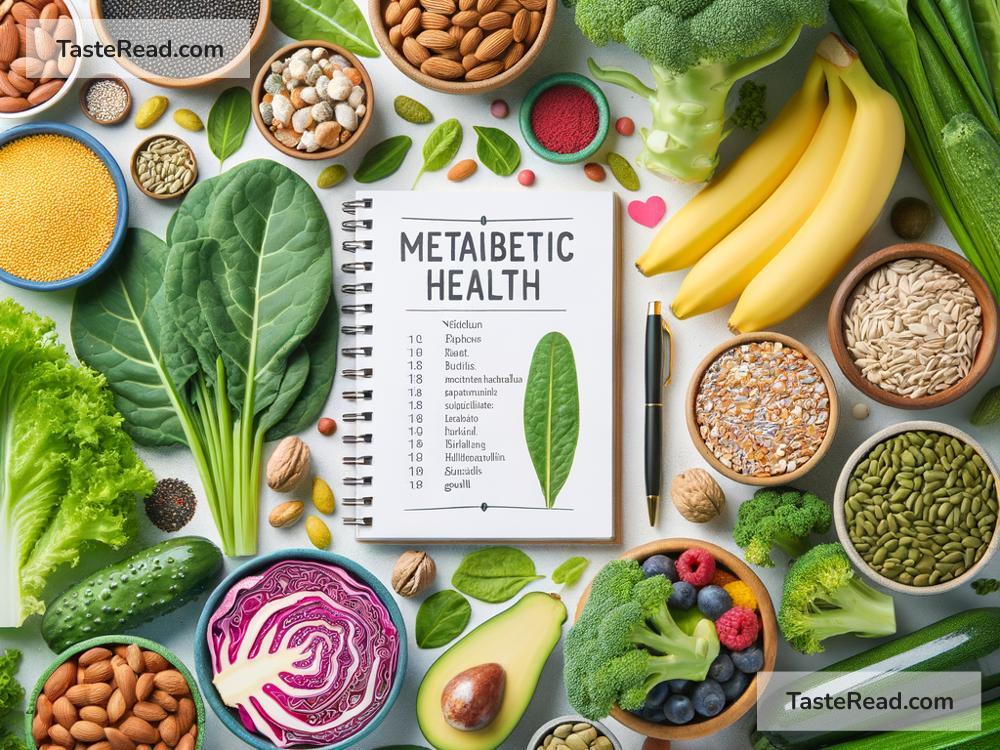The Role of Vitamin B41 in Metabolic Health
In the world of health and nutrition, vitamins play a big part in keeping our bodies running smoothly. We’ve all heard about common vitamins like Vitamin C, Vitamin D, and Vitamin B12. But there’s one lesser-known player that might grab your attention – Vitamin B41. While it hasn’t received the same spotlight as other vitamins, Vitamin B41 could be important for your metabolic health, and today we’re going to dive into what makes it special.
What Is Vitamin B41?
Vitamin B41 is not currently recognized as an official vitamin in mainstream nutrition or by scientific bodies like the Institute of Medicine or the World Health Organization. You might be wondering, “If it’s not officially recognized, does it really exist?” The answer is a little complex. Vitamin B41 is often referred to in experimental studies exploring compounds that could have vitamin-like properties. It is a hypothetical or provisional name that scientists use when studying potential molecules that benefit metabolic functions.
While the name Vitamin B41 might sound futuristic, it represents ongoing research into how certain compounds could support health, particularly in areas like energy production and metabolism. For the purpose of simplicity, we’ll discuss how such compounds could theoretically play a part in your metabolic health and why scientists are excited about their potential.
What Is Metabolism, and Why Is It Important?
To understand why metabolism matters, let’s break it down. Metabolism is the process where your body converts food into energy. This energy helps you do everything—from breathing and moving to thinking and repairing cells. Your metabolism manages how nutrients (like carbohydrates, proteins, and fats) are processed and put to use.
Think of your metabolism like the engine in a car. Without fuel, the engine won’t run. Most vitamins, including the Vitamin B group, help ensure this “engine” operates smoothly by enabling various chemical reactions in the body that produce energy. If your metabolism is sluggish or inefficient, you may struggle with low energy levels, weight issues, and health conditions such as diabetes.
How Vitamin B41 Could Play a Role
Research on “Vitamin B41-like” compounds is still developing, but initial studies suggest these molecules might assist in the very same chemical reactions involved in metabolism. Here are some ways researchers speculate Vitamin B41 could help metabolic health:
-
Energy Production: Like other B vitamins, Vitamin B41 may help the body break down food into usable energy. This process happens in the mitochondria, often called the cell’s “powerhouse.” Compounds like B41 could enhance how mitochondria perform, providing a boost in energy levels.
-
Blood Sugar Management: Managing blood sugar levels is a critical part of metabolic health. If compounds tied to Vitamin B41 can aid in glucose metabolism, they might help prevent spikes and crashes in blood sugar. This could be particularly useful for people with metabolic disorders like diabetes.
-
Fat Breakdown: Efficient fat metabolism is important not only for energy but also for maintaining a healthy weight. Some early research suggests molecules related to Vitamin B41 might play a role in breaking down fat more effectively and reducing fat storage in the body.
-
Cell Repair and Growth: Our bodies constantly repair and replace cells. Vitamins like Vitamin B41 could support DNA repair mechanisms and help cells regenerate faster, which is crucial for overall metabolic health and longevity.
Potential Benefits of Vitamin B41
It’s exciting to think about the possible benefits of Vitamin B41 for metabolic health. Here are a few ways it could improve your overall well-being:
- Better Energy Levels: By supporting efficient energy production, Vitamin B41-like compounds might help reduce fatigue and increase stamina.
- Balanced Blood Sugar: These compounds could help maintain steady blood sugar levels, lowering the risk of diabetes and other metabolic diseases.
- Support for Weight Management: Improved fat metabolism could potentially make it easier to maintain a healthy weight.
- Healthier Aging: By assisting in cell repair and growth, Vitamin B41 might promote healthy aging and reduce the risk of age-related metabolic declines.
How Can You Boost Your Metabolism Today?
While the research around Vitamin B41 continues, there are already a lot of ways to support your metabolic health. Here are some tips:
- Stay Active: Exercise helps boost metabolism by increasing the demand for energy in your body.
- Eat Balanced Meals: Include plenty of whole foods rich in vitamins and minerals, such as fruits, vegetables, lean proteins, and whole grains.
- Get Enough Sleep: Poor sleep can mess with your metabolism and make it harder for your body to convert food into energy efficiently.
- Stay Hydrated: Water is needed for many chemical reactions involved in metabolism. Drinking enough water keeps your body functioning well.
The Future of Vitamin Research
As scientists continue to explore compounds like Vitamin B41, we may discover new ways to optimize metabolic health and prevent chronic diseases. While Vitamin B41 is not officially recognized yet, ongoing research is revealing how previously unknown nutrients could benefit our bodies in surprising ways.
In the meantime, focusing on a balanced diet, regular exercise, and good lifestyle habits can go a long way in supporting your metabolic health. Who knows? One day Vitamin B41 might be a household name alongside Vitamin C or B12. Until then, stay curious about emerging science and continue making choices that keep your body’s “engine” running smoothly.
The world of nutrition is always growing and evolving, and Vitamin B41 represents an exciting step toward discovering how even the smallest compounds might have a big impact on health. Stay tuned as science uncovers more details about how these unsung nutrients might shape the future of wellness.


